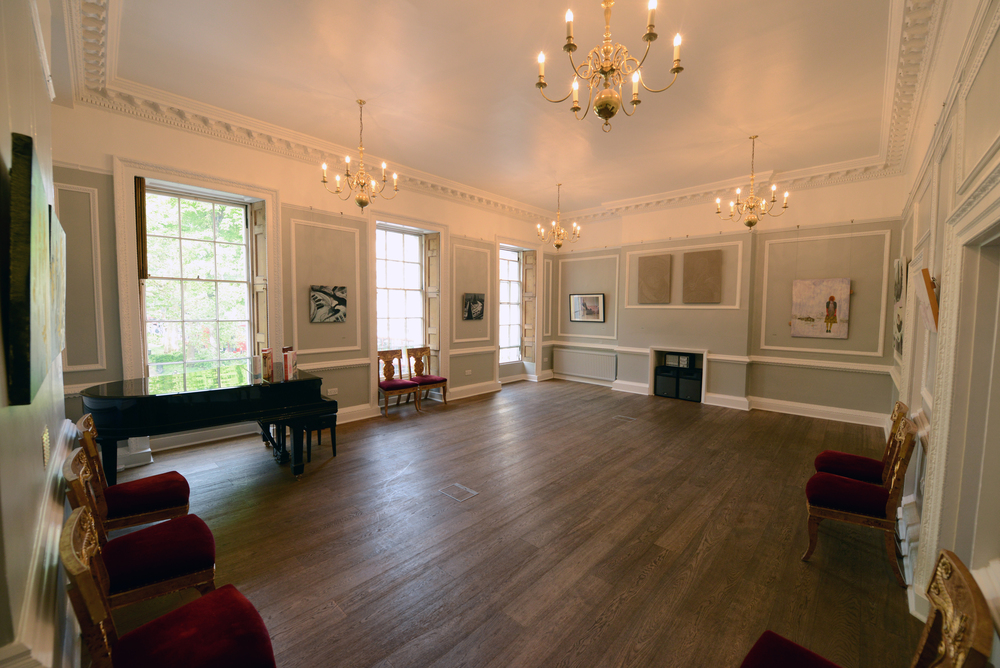I’m preparing a series of talks for Pushkin House in London, to tie in with a long project on science under Joseph Stalin. While we’re finalising the programme, these notes will give you an idea what to expect.
Russia’s Other Culture: science and technology in 20th century.
Early in the twentieth century, a few marginal scientists bound themselves to a bankrupt government to create a world superpower. Russia’s political elites embraced science, patronised it, fetishized it, and even tried to impersonate it. Many Soviet scientists led a charmed life. Others were ruined by their closeness to power. Four illustrated talks reveal how this stormy marriage between science and state has shaped the modern world.
1. The Men Who Fell to Earth: How Russia’s pilots, parachutists and pioneers won the space race.
November 2011.
In the 1950s and 1960s Sergei Korolev and the Soviet space programme laid a path to the stars. Now Russia is our only lifeline to the technologies and machines we have put in orbit. Simon Ings is joined by Doug Millard, Senior Curator of ICT & Space Technology at London’s Science Museum, to trace Russia’s centuries-old obsession with flight. This was the nation that erected skydiving towers in its playgrounds, built planes so large and so strange, the rest of the world thought they were fakes, and outdid Germany and the US in its cinematic portrayal of space. The nation’s soaring imagination continues to astonish the world.
The talk coincides with 50th anniversary of pioneering space travel by Yuri Gagarin
2. Prospectors: Why Russia sits on plenty and never gets rich
January 2012
The old boast ran that Russia governed an empire with more surface area than the visible moon. Still, 40 per cent of it lay under permafrost, and no Romanov before Alexander II so much as set foot in Siberia. Defying nature, the Bolsheviks forcibly industrialized the region, built factories and cities, and operated industries in some of the most forbidding places on the planet. Beginning with the construction of the Transsiberian railway, and ending with the planting of the Russian flag on the bottom of the Arctic Ocean, this is a story of visionaries and idealists, traitors, despots, and the occasional fool.
The talk will form part of a week of activity marking the fifth anniversary of Pushkin House’s establishment in Bloomsbury.
3. Red Harvest: What Russia’s famines taught us about the living world.
March 2012
After the civil war, the Bolsheviks turned to the revolutionary science of genetics for help in securing the Soviet food supply. The young Soviet Union became a world leader in genetics and shared its knowledge with Germany. Then Stalin’s impatience and suspicion destroyed the field and virtually wiped out Russian agriculture. Stalin was right to be suspicious: genetics had promised the world a future of health and longevity, but by the 1940s it was delivering death camps and human vivisection. Genetic advances have made possible our world of plenty – but why did the human cost have to be so high?
4. “General Healthification”: Russia’s unsung sciences of the mind.
May 2012
The way we teach and care for our children owes much to a handful of largely forgotten Russian pioneers. Years after their deaths, the psychoanalyst Sabina Spielrein, the psychologist Lev Vygotsky and the pioneering neuroscientist Alexander Luria have an unseen influence over our everyday thinking. In our factories and offices, too, Soviet psychology plays a role, fitting us to our tasks, ensuring our safety and our health. Our assumptions about health care and the role of the state all owe a huge debt to the Soviet example. But these ideas have a deeper history. Many of them originated in America. The last lecture in this series celebrates the fertile yet largely forgotten intellectual love affair between America and the young Soviet Union.






